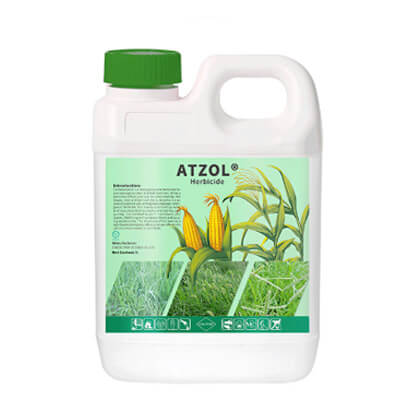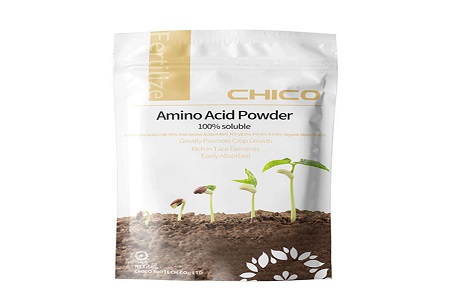
Role and Significance of Bio-organic Fertilizer in Agriculture
Bio-organic Fertilizer Provides Nutrients for Plant Growth
Bio-organic fertilizer, as an eco-friendly fertilizer derived from nature, stands out due to its rich nutrient composition and bioactive substances. This type of fertilizer not only contains various essential mineral elements for crop growth, such as macronutrients like nitrogen, phosphorus, potassium, and micronutrients like magnesium, boron, iron, zinc, molybdenum, and manganese. These elements are fundamental to forming plant tissue structures, participating in enzymatic reactions, and promoting photosynthesis and other vital activities. Additionally, bio-organic fertilizers are rich in small organic molecules like amino acids and organic matter, which can be directly absorbed and utilized by plants, effectively enhancing nutrient absorption efficiency.
Importantly, bio organic fertilizer can optimize the nutrient absorption and conversion mechanisms of crops, enabling plants to utilize soil moisture and nutrients more efficiently, reduce nutrient loss, and increase resource utilization efficiency. This characteristic has a profound impact on increasing crop yields and improving fruit quality.
Bio-organic Fertilizer Has Biological Control Functions
Bio-organic fertilizer contains special functional biological bacteria—Bacillus amyloliquefaciens and Bacillus mucilaginosus, which are screened and cultured. These special biological bacteria can secrete extracellular epidermal active proteins and depolymerizing acids, which act quickly on mites. After application, they can quickly knock down mites.
Bio-organic Fertilizer's Soil Improvement Effects
Bio-organic fertilizer has a certain impact on the physical, chemical, and biological properties of the soil. Applying bio-organic fertilizer can enhance the soil's water retention and fertilizer holding functions, increase soil moisture content, and the organic matter content in soil increases with the amount of bio-organic liquid fertilizer applied, effectively improving the structure of the soil surface layer and increasing nutrient supply capacity, providing a suitable living environment for crop growth; it also effectively alleviates the impact of phenolic acid stress on soil enzyme activity. The application of bio-organic liquid fertilizer can increase the number of soil microorganisms, enhance microbial metabolic capacity and metabolic function diversity, significantly increase available P and K content, and effectively improve the soil environment.



























